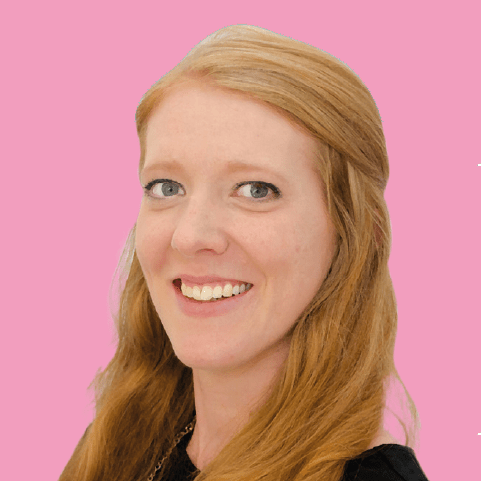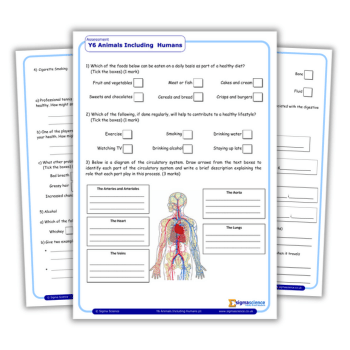3 keys to meaningful assessment

Don’t just go through the motions or lose the impact and importance of the exercise. Instead, start here, says Laura Lodge…

- by Laura Lodge

Good assessment is far more than a simple judgement – it takes into account the journey to that assessment, the assessment itself and, crucially, the impact of that assessment on learning going forward.
Too often, however, assessment becomes a hoop to jump through, so if we’re not careful we can completely lose sight of its impact and the importance of what we’re doing.
So, how do we ensure assessment works for us?
1 | Know what you are looking for
When deciding on an assessment system, or running any assessment, whether formative or summative, you need to know what you’re looking for, and by that I mean specifics.
When it comes to formal assessments, this is even more important. One could say a KS1 reading test assesses how well a child can read, which it does indeed, but how useful is that for your school other than providing a percentage for comparison?
What does it actually tell you about how well children read? What does it leave out? Often, schools wishing to go further than headline data engage in question-level analysis: this is useful but sometimes can provide a skewed perspective.
Doing such analysis can have benefits, but you need to be clear on what you’re looking for within it and ensure it is worth the workload.
In my view, a more effective, and less onerous, way of looking at these assessments is often to focus on a key question, one that is important for you and your school.
For instance, if you know through previous assessment that children in your cohort have historically struggled with making valid inferences at the end of KS2, the focus question for the whole school at your next assessment point could be ‘How well can children infer?’
By doing this, the focus question becomes a key talking point and the assessment process becomes about discussion and challenge, rather than simply a numbers game.
Everyone becomes involved in the dialogue and ways forward become more apparent.
By zoning in on the specifics, we make things more easily achievable and more likely to succeed.
2 | Check the accuracy of your judgements
It is rare to find a school that does not moderate the assessments made over the course of an academic year.
However, this is often heavily focused upon the assessment of writing, this being the subject that cannot be assessed via a formal test and which, if we are not careful, can fall into the realms of subjectivity.
What we have to remember is that the assessment of other subjects cannot purely be done through a formal test either; rather, it needs to be from a combination of sources and so moderation is key across the board.
Again, your key question could come into play here – for instance, if children find sentence level objectives challenging, you could look at the progression in sentence making across the school and ask the question, does every child understand what a sentence is and does?
3 | Focus on the gaps
Once your assessments have been completed and you have taken some time to digest what they tell you, you need to think about the gaps in knowledge or skills that they show.
Within this, it is not enough to simply look at your year group curriculum. It is crucially important not to forget that gaps can come in all shapes and sizes.
Often, for instance, when moderating writing, I see children who are competent in the use of tricky grammatical constructions, but who struggle with simpler content from previous year groups.
I encourage you to look further back than you may be doing currently and ask, what are the most important gaps we need to focus on first?
In the push to get through the year group curriculum, these gaps can often be lost, but they are also usually crucial to the understanding of further down the line.
Having the time and space to consolidate learning and support children with previous gaps should form a key part of your longer-term planning.
Without this, we risk rushing through the curriculum, prioritising speeding through the content, rather than ensuring it is truly learned and understood.
Ultimately, any assessment’s value depends on what is done with the information it provides.
For me, that starts with knowing what I am looking for even before the assessment begins, and applies to an end-of-year group test just as much as it does to every question I ask in the classroom.
Then it is about how it impacts my practice immediately from that day forwards. Assessment should not be purely about outcomes, but where to go next.
Laura Lodge is education consultant at One Education, reading curriculum expert for the Department for Education and, first and foremost, a teacher.










